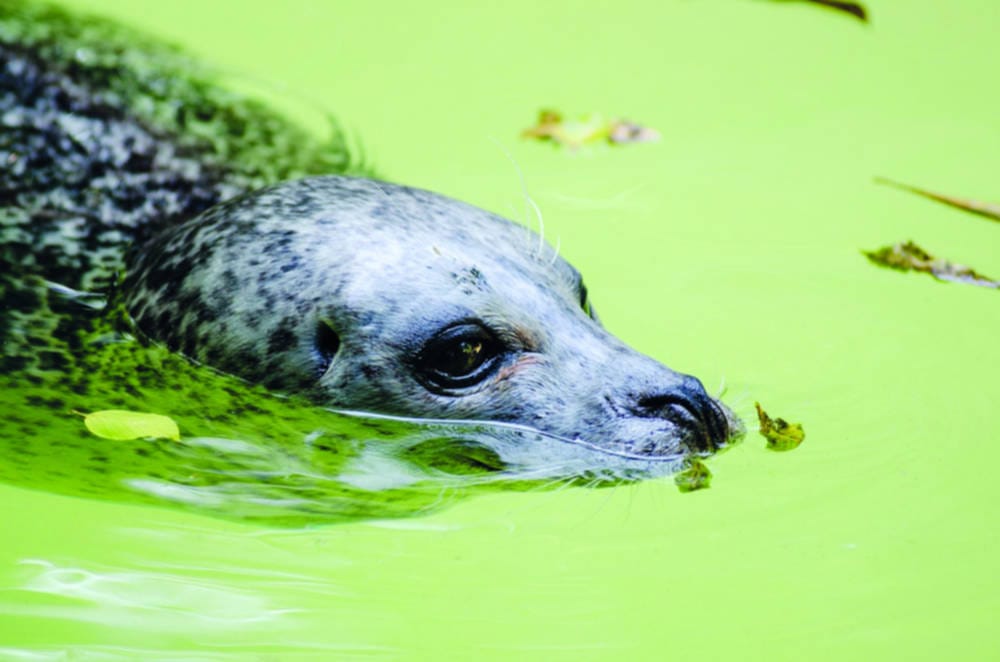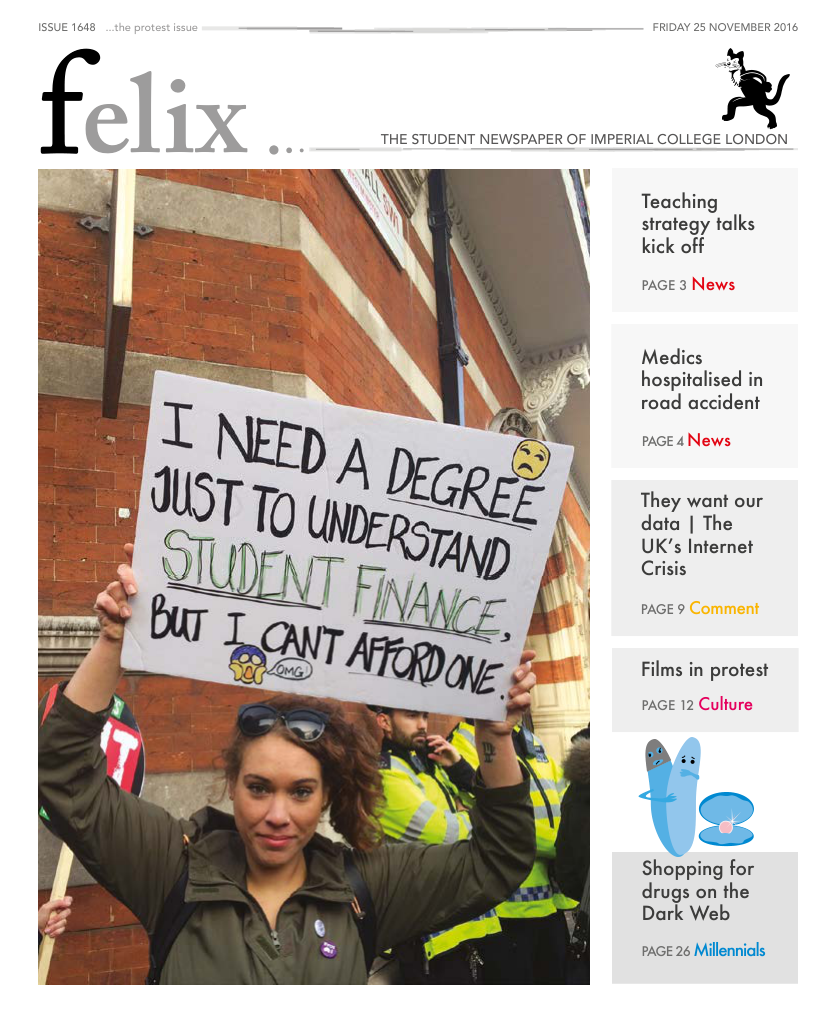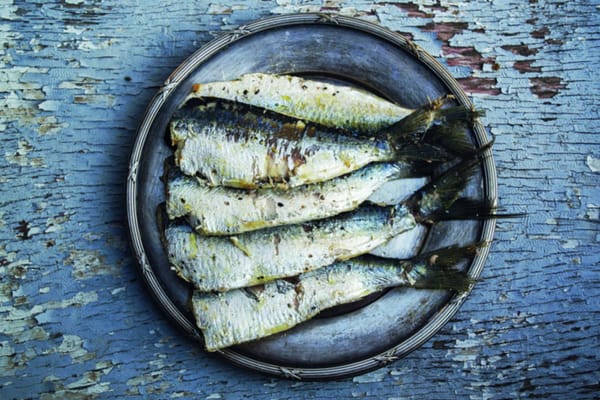Thames gets seal of approval
Emma Parkin talks seal sightings and how the Thames has cleaned up its act

Over a pint in Clapham, my friend exclaimed that they, along with the entire top deck of the 345 bus, had seen a seal in the Thames on the way to college. At first I was sceptical. Whilst the odd whale has occasionally been known to take a wrong turn, how could anything, especially something as large as a seal, live daily in such polluted water?
Surprisingly, the Thames isn’t as bad as you’d expect, despite its history as a sewage sink and the countless chemical leakages. In the almost 60 years since the river was proclaimed ‘biologically dead’, strict legislation implemented on waste disposal has led to the Thames now becoming the cleanest it’s been in more than 150 years. The transformation even won the International Theiss River prize for outstanding restoration in 2010, out-competing the Yellow River in China, the Hattah Lakes in Australia, and the Smirnykh River in Japan.
Habitat reconstruction projects have helped repopulate the river with more than 125 species of fish and 400 species of invertebrates. Birds now wade from its banks and even large vertebrates such as dolphins can be spotted regularly. The most impressive re-establishment of a marine mammal population comes from our British seal species: the harbour seal and the grey seal. Over the last 15 years seal numbers have increased dramatically with over 900 seals being estimated to live along the estuary last year, an increase from the 708 in 2013.
Despite their increasing numbers, Thames seal populations are still very vulnerable to disease. The Phocine Distemper Virus (PDV), which causes fever and breathing problems, has had major outbreaks in Thames seal populations in both 1988 and 2002. Conservationists are now concerned that with the potential for a 14-year disease cycle the virus could rear its head again imminently. No evidence of PDV has been found in the river as of yet.
In order to help conserve the seals, which are top predators in important estuarine ecosystems, the Zoological Society of London (ZSL) has been monitoring their progress. In 2012 the organisation tagged 10 harbour seals with GPS systems and in 2013 they introduced annual population surveys using planes and boats to get counts. However, one of the most important sources of information comes from the public driven Thames Marine Mammal Sighting survey which ZSL has run since 2004. Within the first ten years over 1,300 marine mammal sightings were recorded, all of which were crucial to better understanding our seals.
So, despite its murky appearance, the Thames is a hospitable environment for many creatures. Its biggest problem now is plastic, with campaigns such as #OneLess trying to reduce levels of plastic pollution. If you want to see one of our furry friends, your best chance is currently around Greenwich! You can report your findings to a live online map or via the twitter hashtag #inthethames.









